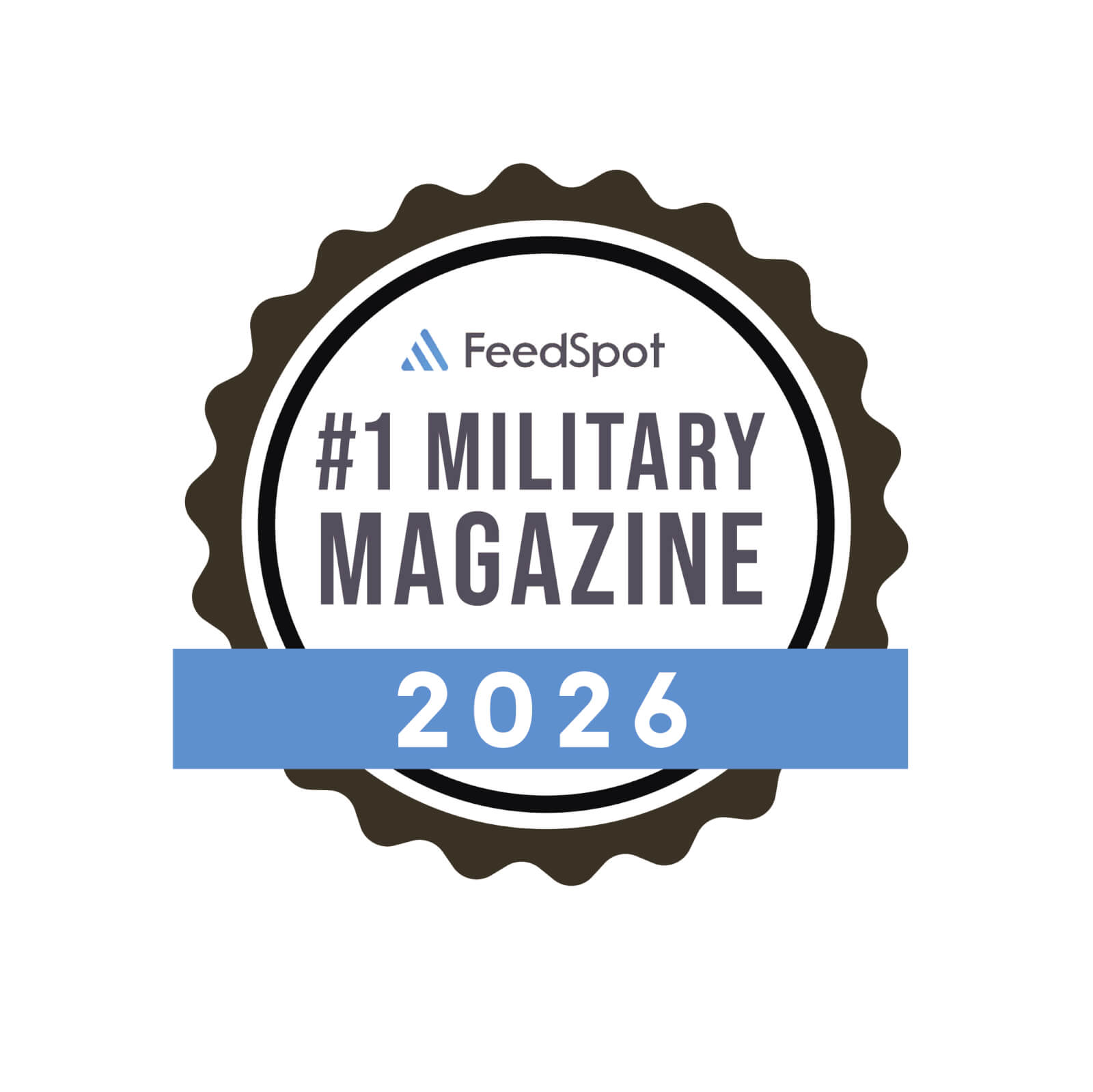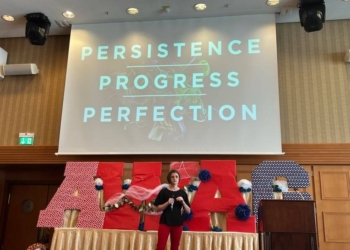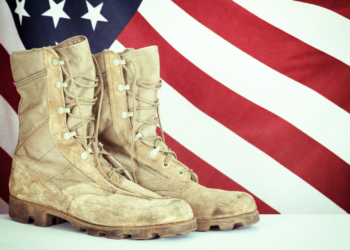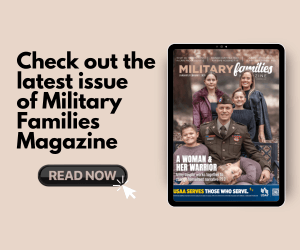As both a mom and an Army reservist, I am continuously striving to find balance between each role. My service requires constant sacrifice and putting the collective mission above my own needs. On the other hand, motherhood can be all-consuming and while the military functions just fine without me, I am irreplaceable to my family.
So, how can a mom in the military juggle it all? Is it possible to be both a good mom and a good soldier, airman, Marine or sailor?
The honest truth is I don’t think any military mom out there would confidently say she’s got it all figured out, all the time. After nine years as a drilling reservist, and five of those pregnant or taking care of two young children, I’m still struggling. So much so that I’m currently in the individual ready reserve (IRR) because the military has had to take a backseat to my family during this season of life.
RELATED:OPINION: Individual Ready Reserve offers chance to ‘take a knee’
I’ve learned sometimes balance looks like taking a knee, and that’s OK, too.
Although every situation is different, here are five key takeaways I hope reservist moms can benefit from.
1. Communicate
When I was actively drilling, my partner and I checked the calendar at least a month in advance to coordinate child care during my drill weekends and divide responsibilities. Not only did I have to be in sync with my partner, I also had to be proactive with my command. My unit knew I was a hard worker and high performer, which meant they were willing to accommodate me when I needed it—they allowed me to RST if there was a conflict with my husband’s military obligations or my responsibilities as a mom. However, in return, they expected me to be responsive and keep them apprised of my status or situation. In general, the more communication with everyone, the better.
2. Advocate
Just as I am my own biggest advocate in my military career, I also have to be my own advocate in parenthood. I had two pregnancies six months apart while I was on TPU status and luckily, my command was extremely supportive, understanding and flexible. However, I highly recommend every service member research their branch’s current guidance pertaining to parenthood, pregnancy and postpartum. For example, in accordance with Army Directive 2022-06, a reservist who has given birth is eligible for excused absences with pay and retirement points for 12 training periods, or the equivalent of three drill weekends, within 12 months of a birth. There are also exemptions from taking the physical fitness test, meeting body composition standards and participating in other training events. Reservist moms or moms-to-be should know what benefits and exemptions they are entitled to, which will help ensure there isn’t confusion or they aren’t unknowingly penalized for failing to meet requirements while focusing on their families.
3. Outsource wherever and whenever possible
Reservist moms have to juggle the demands of not only the military and their families, but often entirely separate civilian careers. They do all of this in addition to the daily tasks that have to get done to keep a household functioning. To alleviate some of the mental load, my husband and I hired a cleaning service to come twice a month — it made a huge difference. If it’s in the budget, I highly recommend outsourcing the small things so military moms can devote their time, energy and attention to the important ones.
4. Prioritize self-care
The truth is if my needs always come last, I can’t take care of anyone else, in the Army or at home. I know it can be hard to make the time, but military moms absolutely have to fill their own cups first. They deserve to have an outlet, time to recharge and activities they enjoy. Military or not, moms shouldn’t have to wait for an invitation — they need to make their own care a priority.
5. Let go of the guilt
There have been times I’ve felt like I was failing at both—when I was focused on my family, I worried about letting my unit down and missing out on military opportunities. And when I was at drill, I felt guilty for missing quality time with my family. I don’t think it’s possible to avoid guilt completely, but acknowledging it and working through it has been essential. I always try to remember I can do it all, just not all at the same time. Sometimes that means saying no to an awesome Army opportunity, and sometimes that means missing out on family experiences. The scale will always tilt more toward one than the other. But when I establish clear priorities, communicate effectively, advocate for myself, outsource the smaller stuff, and take care of myself, I can be more successful at every role and keep the guilt at bay.
Read comments






























